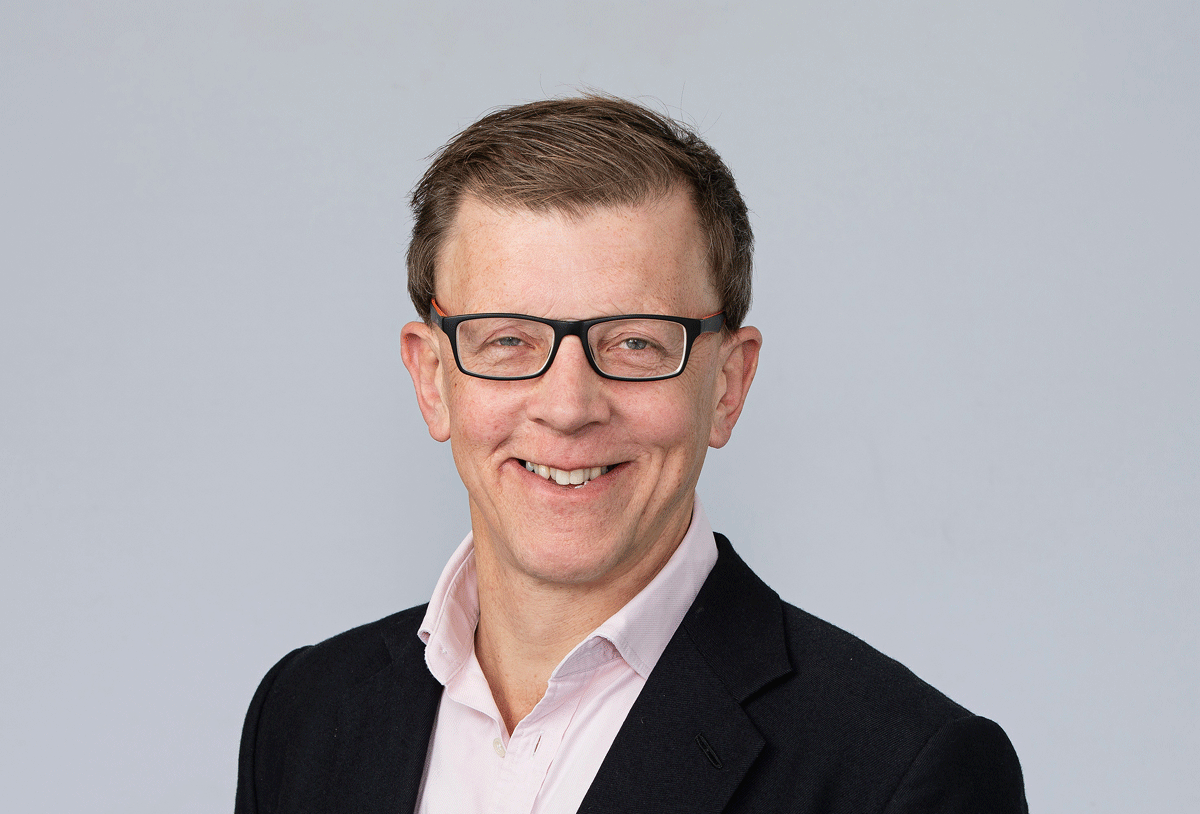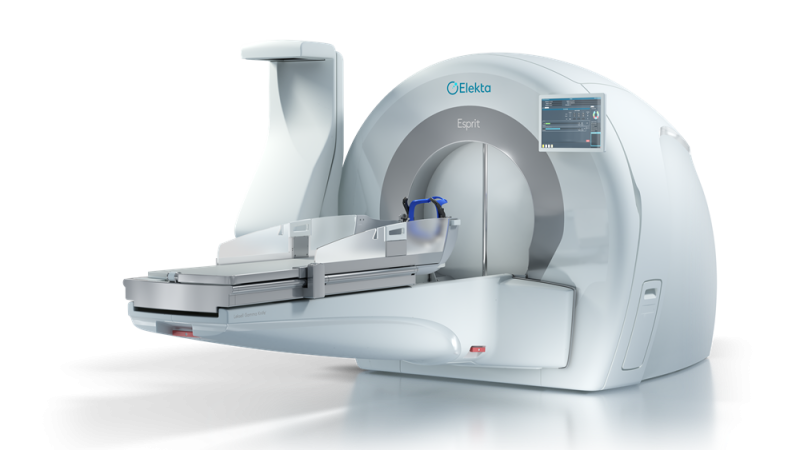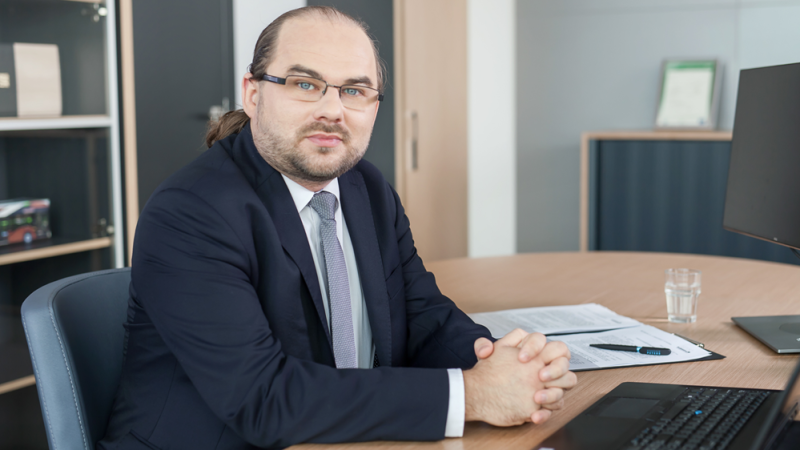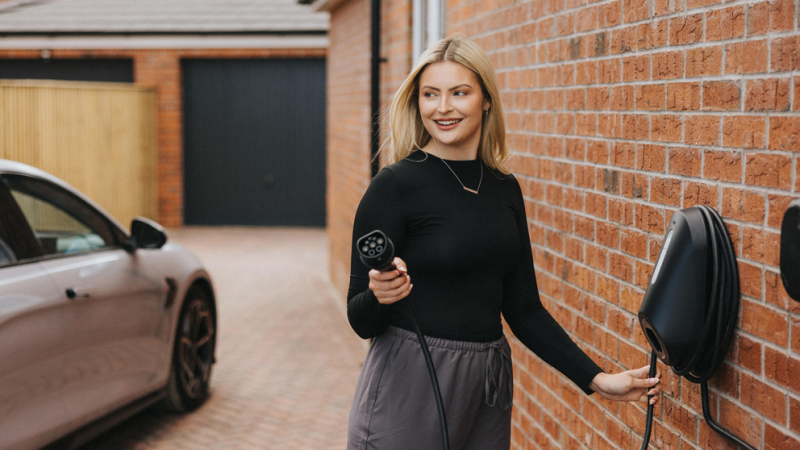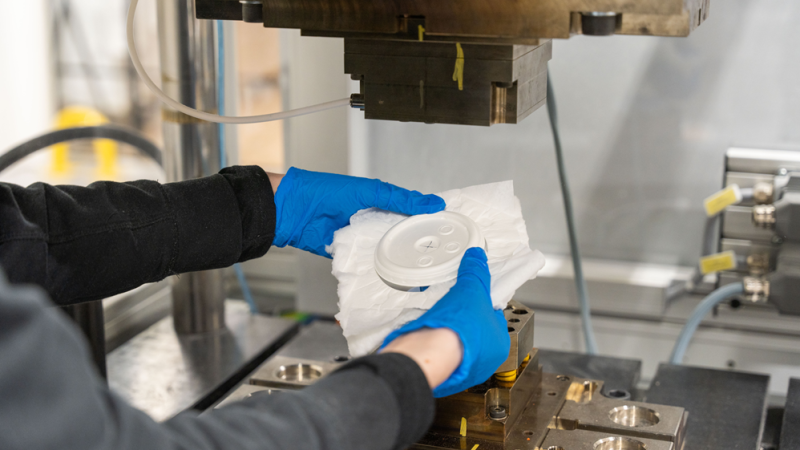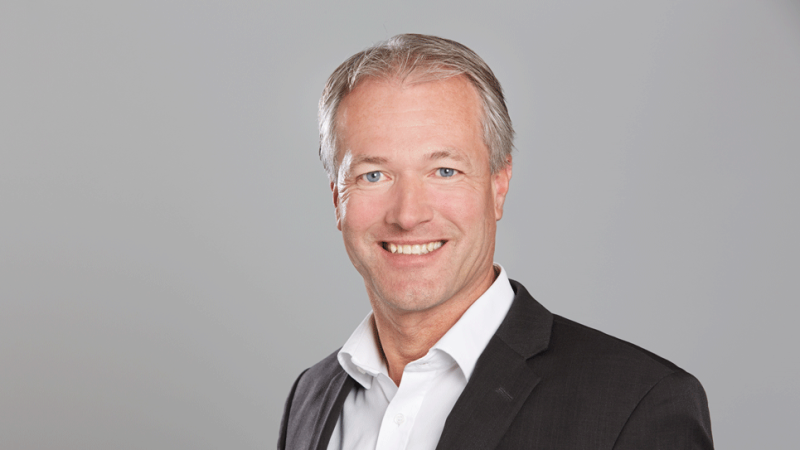Aquapak is making progress in its mission to contribute to a waste-free world. The company that developed speciality polymers for recyclable, biodegradable and marine-safe applications, is now collaborating with partners to launch new, eco-friendly materials.
Aquapak’s flagship product – marketed under the name of Hydropol™ – has unique properties – it is an innovative, water-soluble, biodegradable polymer for a wide range of applications, designed to eliminate plastic pollution at source. The unique polymer technology offers excellent functionality and multiple end-of-life options.
Hydropol™ is an enabling technology for the circular economy and can be used as a mono-material or in combination with a range of other materials. It can be successfully made into co-extruded structures or coated on to plastics, as well as paper and board where it has proven excellent barrier properties against solvents, petrochemicals, grease, oil and gas, and is UV resistant, printable and sealable.
When we first spoke to Mark Lapping, Aquapak’s CEO, three years ago, he explained that Aquapak’s multi-functional polymers promote ‘good recycling’ and the circular economy.
“The aim is to substitute complex packaging and other materials which are currently completely unrecyclable, with equally functional materials which are fully recyclable, using our Hydropol™ polymer.”
“Paper packaging is a good example. Currently, the plastics used to enhance the functionality of paper and paperboard are almost exclusively non-recoverable and non-recyclable. These can be enabled by Hydropol™, which would dissolve during the recycling process, supporting the circular economy that we all want to achieve.”
Tangible progress
Aquapak has made significant progress since our last interview. Mark Lapping explains that the company now has three mainstream product focuses, all offering the same benefits – functionality and end-of-life solutions. These are barrier film, barrier paper, and fibres/nonwovens.
“Since we last spoke, the actual product has progressed enormously in terms of its processability. We now have a number of clients who are using Hydropol™ to develop products, either in the market or testing them for new applications.
“We’ve have continued to develop our IP in combination with other materials. As our raw material is still sourced from petroleum, we’re now developing our own bio source. That project is pretty exciting as there is a huge market for that.”
“The main thrust of what we do is to combine Hydropol with other traditional materials like polyolefins, or bio polymers or other biomaterials to design functional products that can be separated and recycled at end of life,” he says.
He explains that Aquapak now has two category sales leads that have joined the company this year; both very experienced industry veterans who are driving the barrier film and paper categories.
“We also have a number of projects with large fast-moving consumer goods users within the nonwoven fibre area. When promoting the product, we have a combination of traditional sales through channel partners. We have three main distributor agreements and we also have collaboration agreements with brands, whereby we’re helping them design new products using our material.”
Seeking adopters of innovation
Hydropol™ is not only UK-developed but is also a UK-manufactured product. Aquapak’s headquarters and manufacturing centre is located in Birmingham, U.K. The modern 4,700 sq. m (50,000 sq. ft.) compounding production facility can be expanded to support production of up to 40,000 MT to serve clients in the company’s main geographical markets in the US, EU and Asia.
Speaking about the increased focus on eco-friendly materials, Mark Lapping reflects that although demand from manufacturers is increasing, progress is not as fast as one would expect. “One of the challenges of bringing new polymers to market is that you have to conform to all the existing standards and tests. However, those standards and tests were not written and designed for these polymers. Generally speaking, there is a lot of uncertainty in the regulatory field, a lot of debate around compostables, and the landscape has not yet been set.”
Recently Aquapak has joined the Circular Economy for Flexible Packaging (CEFLEX) initiative – a collaboration of over 180 European companies, associations and organisations representing the entire value chain of flexible packaging. Its mission is to make all flexible packaging in Europe circular.
Aquapak is now also a member of 4evergreen, an alliance of over 100 manufacturers, designers, brand owners, researchers and recyclers who want to contribute to a climate neutral society by perfecting the circularity and sustainability of fibre-based packaging. The goal is to reach 90% recycling rate for fibre-based packaging by 2030.
“European packaging pro-ducers are embracing the circular economy, with a focus on achieving full circularity. At Aquapak, we are supporting this goal by helping our customers use the world’s resources more effectively, by reducing waste and increasing the reuse of valuable materials as part of the circular economy through new technologies which provide the functionality needed to protect products, whilst reducing the impact on the environment.”
He points out that as plastic waste now exceeds waste management capacity, actions must happen fast. “We need more decisive action. We need solutions. And that’s where we believe new materials can help.”
“We are ready. We can scale up, we can produce products. We have some great partners. We are in a position to be part of the solution. We’re just looking for collaborative partners who want to move a bit quicker, who are ready to innovate and adopt new materials.”

